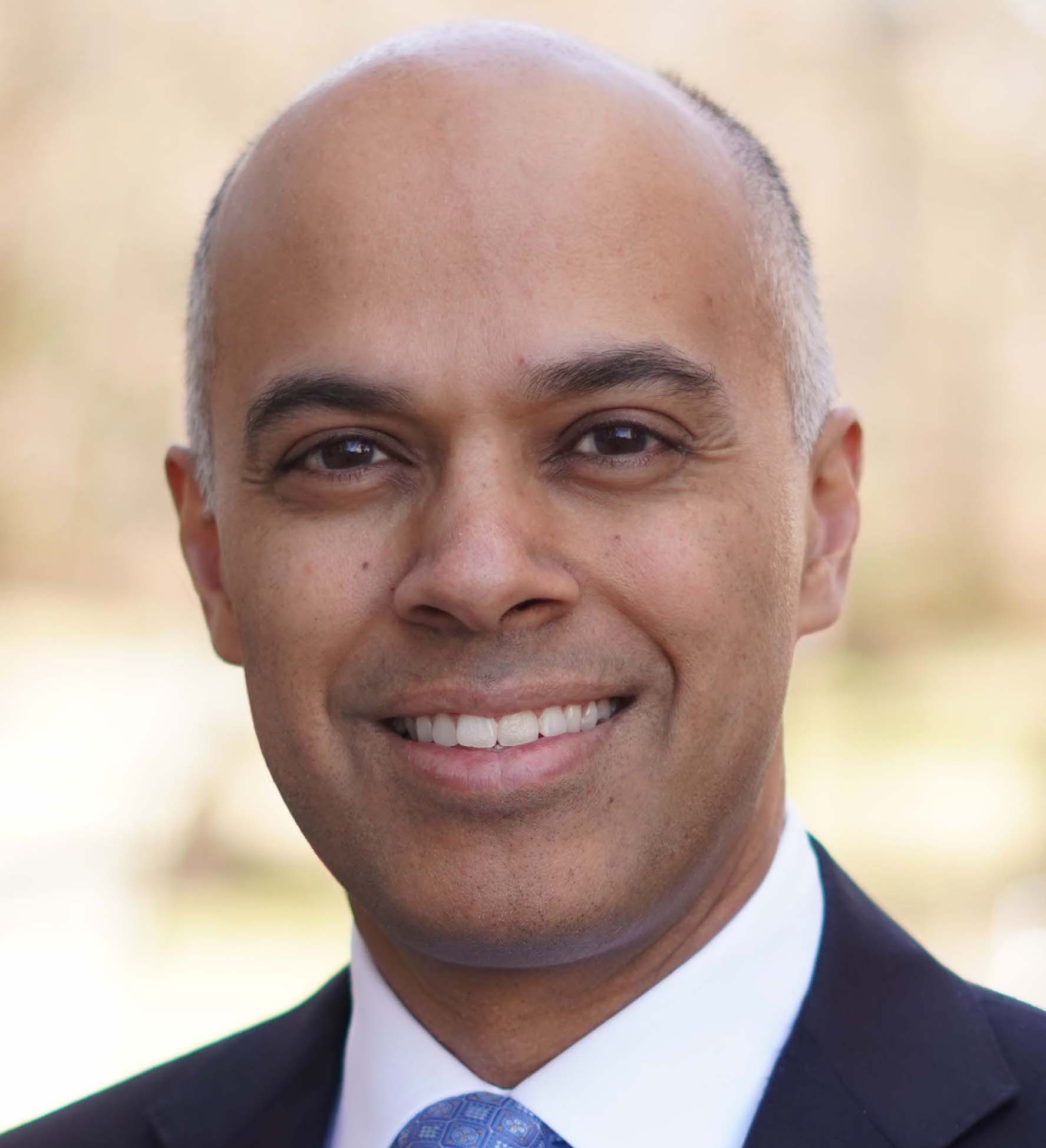Remember the office? How about the lecture hall? Thanks to COVID-19, many of us have still not set foot in either space for months. Yet, somehow, the worlds of work and education stumble on. For universities, this gives rise to an existential question: In a world of online classes and campus outbreaks, is college worth the price tag? I believe that the answer can still be yes; but staying relevant post-2020 will require many institutions to rethink aspects of their curriculum.

Long before the pandemic, the proportion of graduates unemployed or underemployed (working a job that does not require a college education) was hovering around one in three (for recent graduates, it is even worse). According to pre-COVID statistics from Burning Glass, there were 4.4 million vacancies across the U.S. in 12 vital fields, from healthcare to engineering. What explains this disconnect?
To be blunt: U.S. colleges are turning out grads who are not fully prepared for the workforce. Granted, they tend to have great critical thinking skills; many, I daresay, could deconstruct Proust like a boss. But can they read a balance sheet? Code basic html? Collaborate efficiently and effectively with colleagues? Juggle tasks in an office setting?
From an enterprise perspective, this is debatable. In a 2019 survey by SHRM, the majority of American HR professionals reported difficulty hiring because they cannot find candidates with the skills they need. Half of the respondents said that the education system had done “little or nothing” to address these shortages.
For college graduates, this translates into a severe downturn in the value of their qualifications. Already, some large employers—among them more than a few name-brand tech giants—are turning their backs on traditional degrees as an essential qualification in favor of shorter, more focused courses. Even the federal government recently switched from degree-based to skill-based hiring.
Talking about the skills gap, IBM Vice President Grace Suh told the website TechRepublic that “part of the problem is that we’ve focused too heavily on just one path to a good job: a bachelor’s degree.” When even Big Blue identifies college degrees as “part of the problem,” you know you are dealing with an existential threat.
So, is it time to close the campus gates for good? Hardly. Regaining relevance need not be complicated at all. In the business world, it has become fashionable to talk in terms of reskilling (training existing workers for new tasks), upskilling (refreshing employees’ current abilities to meet new challenges) and even outskilling (providing retraining as part of a package of layoffs). But what about the skills needed to perform well in your very first job out of college? Since this is about people coming into the workforce, let’s call it “inskilling.” It boils down to two things:
First: Find out what skills employers are looking for, ask employers.
Second: Prepare students for the workforce, try placing them in the workforce.
There are precedents for both. Eastern Washington University partnered with Microsoft to develop a new, more work-relevant degree program in data analytics. Northeastern University fueled its meteoric (though admittedly controversial) rise in part by doubling down on its co-op model, under which sophomores and above spend time in the workplace and gain credit for doing so.
There are several different pathways to coordinating this opportunity, and some companies were explicitly created to help universities develop such partnerships and programs. For example, at Revature we help design programs allowing college seniors to earn credit while picking up a high-demand, entry-level tech skill in a software platform like Salesforce or a coding language like Java. We are by no means alone in this space. For instance, the non-profit Education Design Lab has a strong track record of brokering relationships between businesses and universities.
To stay relevant, universities must tweak their curricula to offer students more in the way of workplace-ready skills. And they must do so with a good deal more urgency than the usual plodding pace of campus committees might allow. Before the global pandemic, this may have been considered a tall order. But today, we are in a ‘new normal’; the fate of these institutions could be at stake. As COVID continues to remake the world around us, the concept of inskilling should be on the mind of every campus administrator.
As President of Revature, an employer of entry-level tech talent, Amit Sevak spearheads various growth initiatives at the company, including higher education partnerships. Amit previously held leadership positions at universities in Europe, Asia, Mexico and the U.S. In 2017, he founded Mindset Global, an advisory services firm where he continues to serve as chairman. Amit is an active mentor to start-ups and nonprofits in education, healthcare, and social impact.
[click_to_tweet tweet=”To stay relevant, universities must tweak their curricula to offer students more in the way of workplace-ready skills. And they must do so with a good deal more urgency than the usual plodding pace of campus committees might allow. ” quote=”To stay relevant, universities must tweak their curricula to offer students more in the way of workplace-ready skills. And they must do so with a good deal more urgency than the usual plodding pace of campus committees might allow. “]






